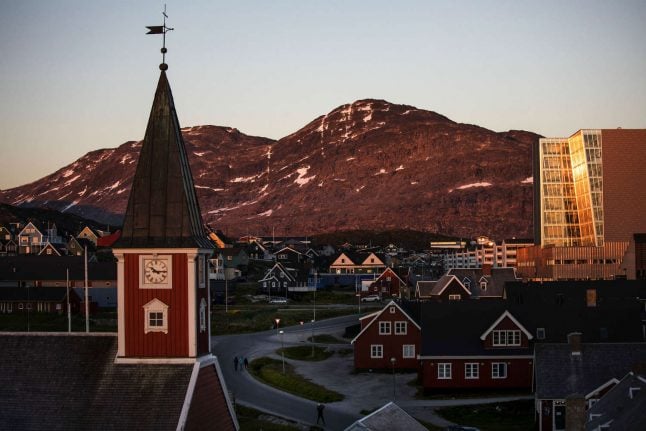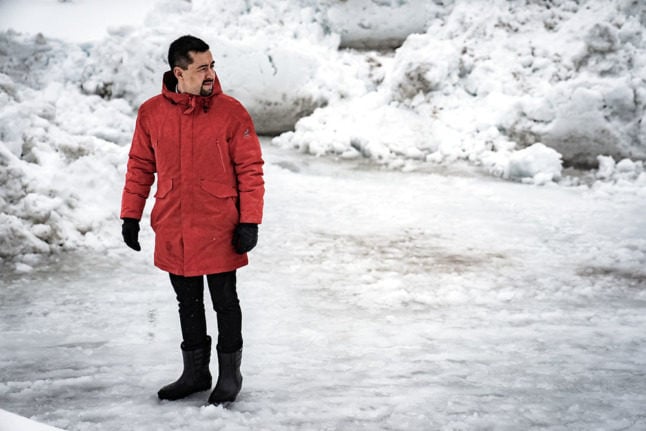Denmark’s Dannebrog flag should have been flying at the parliament build in Nuuk on June 5th, the anniversary of the signing of Denmark’s first constitution in 1849.
But come the day, no Danish flag was to be seen, Greenlandic media KNR reports.
Greenland gained autonomy from Denmark in 1979 and was granted self-rule in 2009, though Copenhagen retains control of foreign and defence affairs.
A spokesperson for the constituent country’s parliament said the flag was not raised as the result of a “regrettable oversight”.
She told KNR that an investigation would take place to determine why janitors at the Inatsisartut and Naalakkersuisut parliament and government buildings did not receive instruction to raise the flag.
The decision to raise the Danish flag on June 5th was reportedly made last year in response to Denmark’s decision to raise Greenland’s flag on the Arctic island’s national day, June 21st.
Denmark also marks the national day of the Faroe Islands, also a self-governing country within the Kingdom of Denmark, by raising the Faroese flag on July 29th.
READ ALSO: OPINION: Constitution Day is a celebration of political rights for all. Is Denmark neglecting them?



 Please whitelist us to continue reading.
Please whitelist us to continue reading.